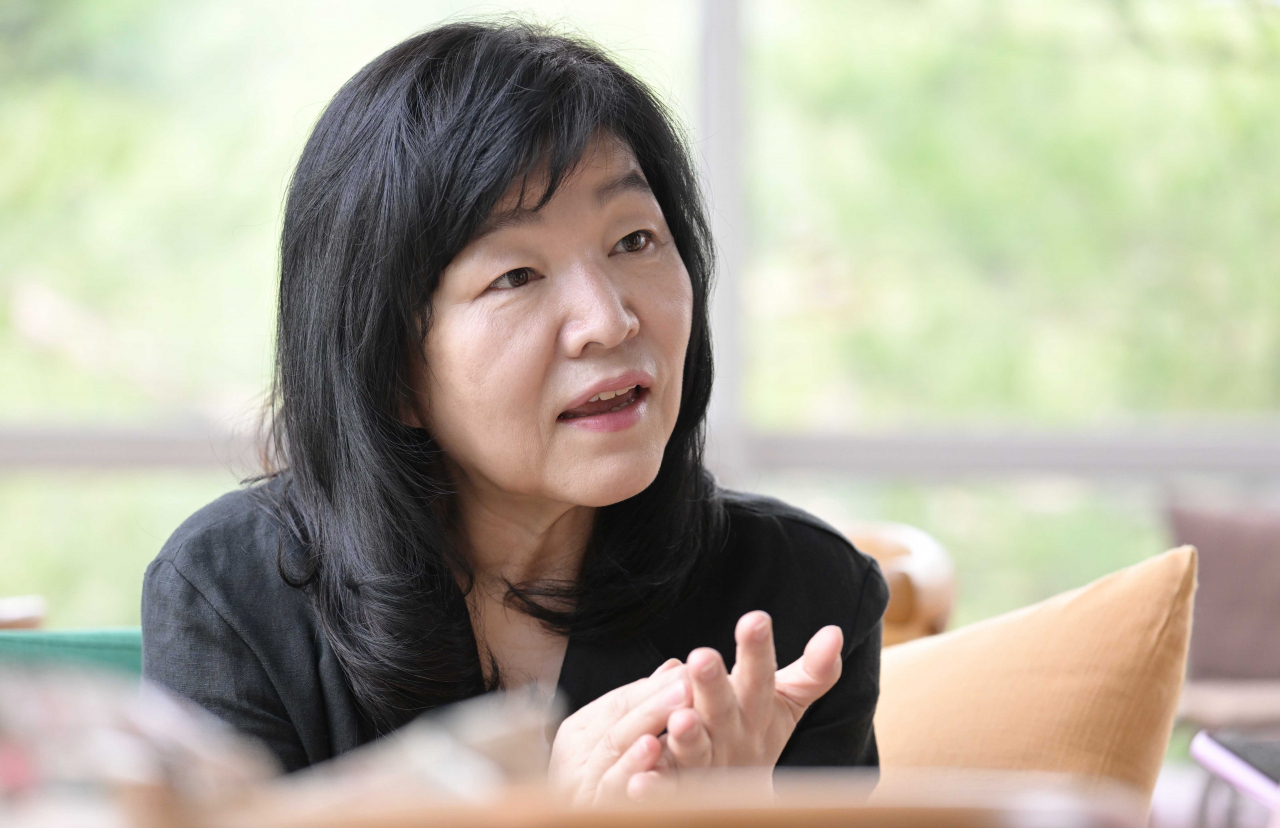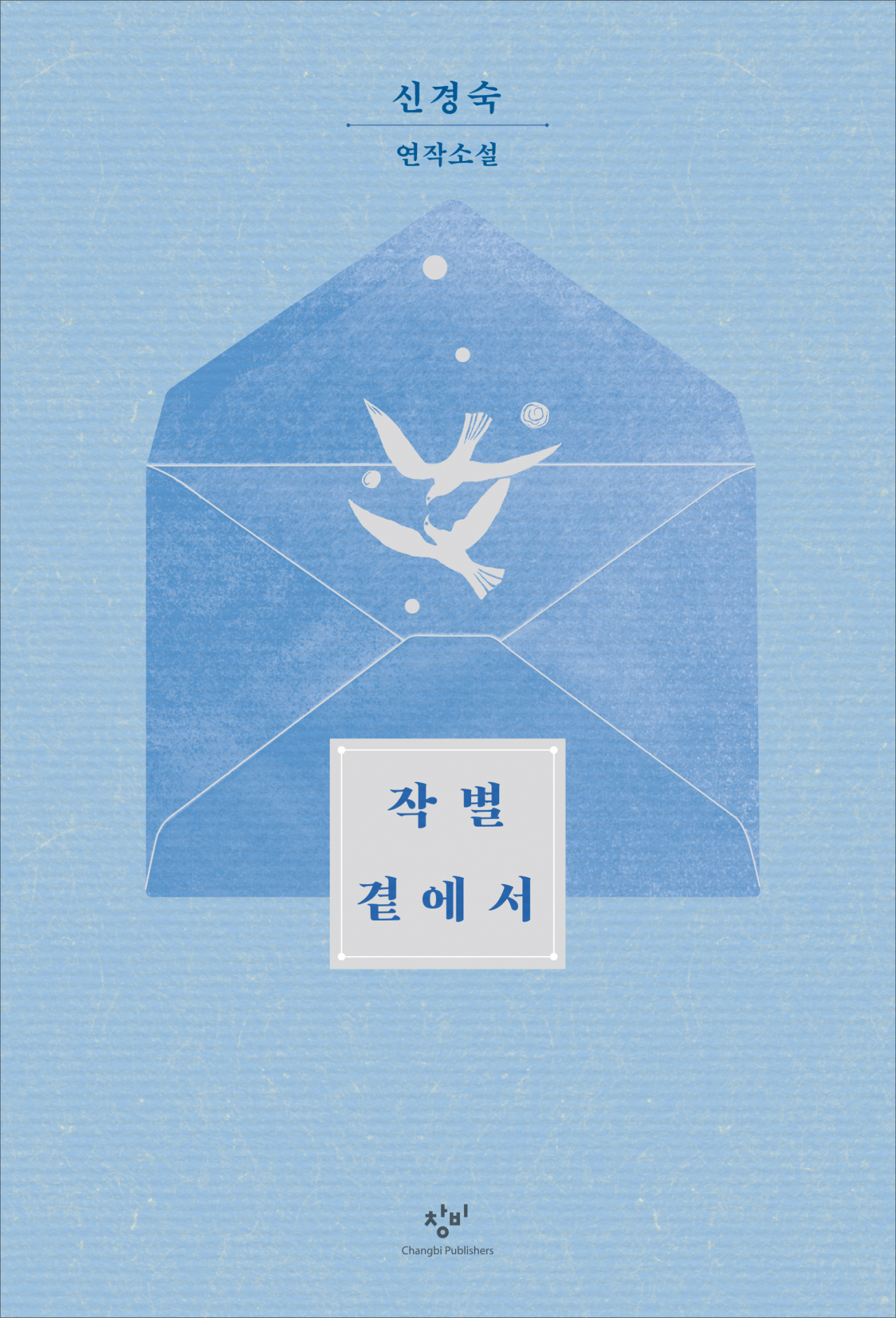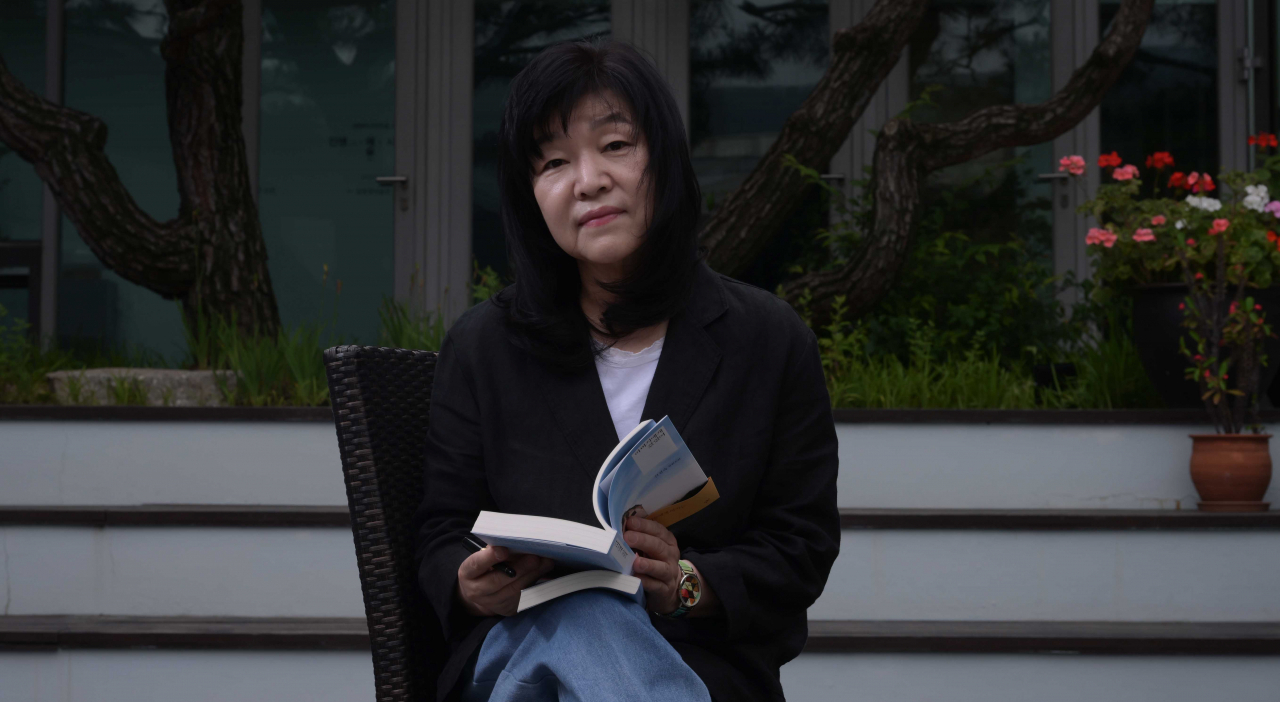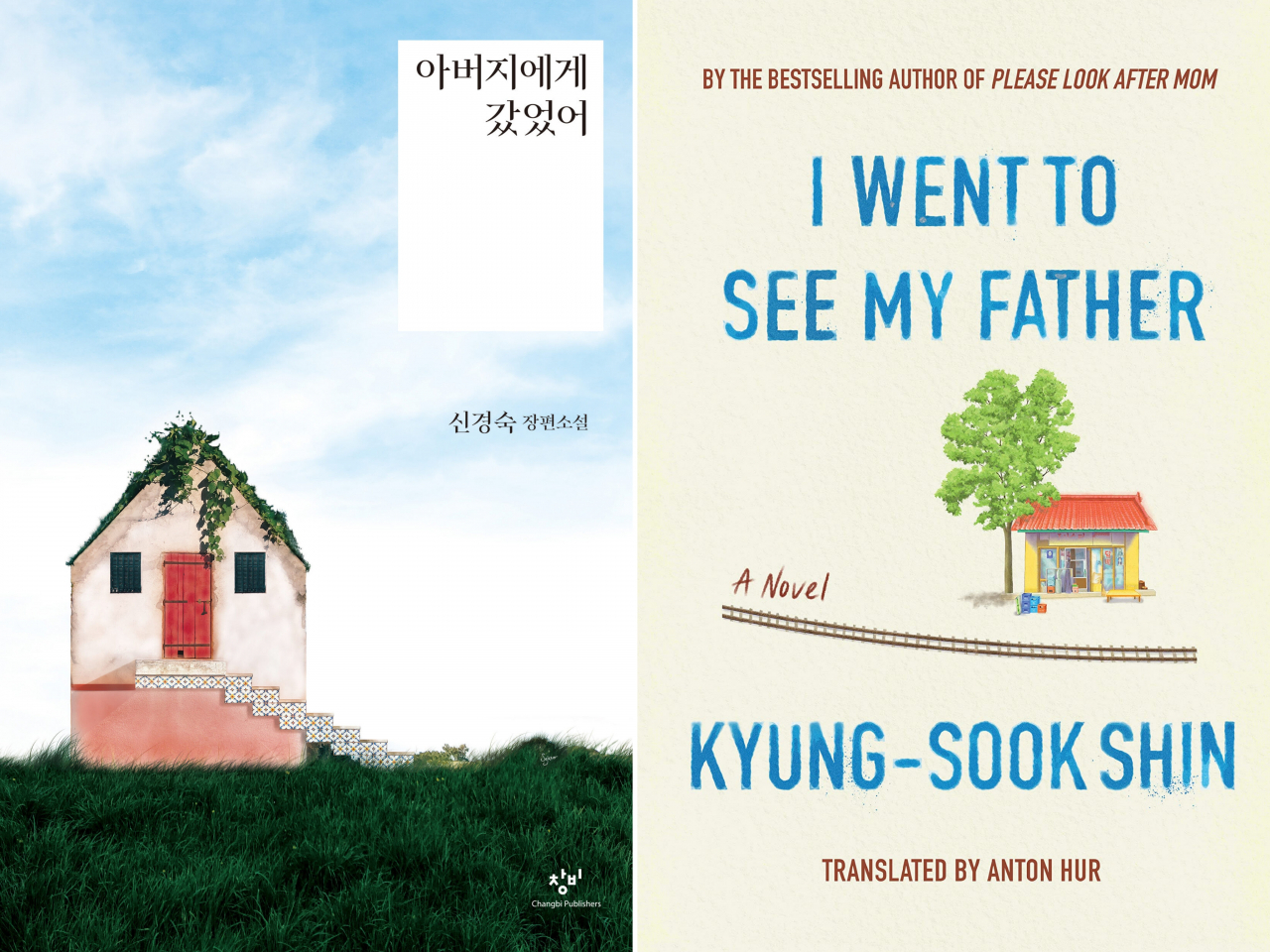[Herald Interview] Shin Kyung-sook on the art of saying farewell
Bestselling author of 'Please Look After Mom' talks about her latest works
By Hwang Dong-heePublished : July 12, 2023 - 13:20

On a scorching summer day in June, The Korea Herald met award-winning South Korean author Shin Kyung-sook at a cafe nestled in the foothills of Bukhansan in Seoul. In such a place brimming with vitality, she spoke about farewells and the art of saying goodbye.
“In your twenties and thirties, there are countless opportunities to make new friends,” said Shin. “Of course, that still happens. But lately, I find myself living in a time where goodbyes and separations have become more frequent.”
Shin’s latest book, “On the Eve of Goodbye,” is a collection of three loosely interconnected novellas that she wrote in 2013, 2019 and during the pandemic. The author introduced the book as "a story written for those who must rebuild their lives in the broken spaces."
"It wasn't intentional. I was naturally writing stories revolving around the theme of parting,” said Shin. “I often pondered the significance of bidding farewell. Such thoughts crossed my mind frequently. And within this series of novellas, I feel like I have gone through various moments of separation like the narrators.”

The first novella “Sealed Time” is loosely based on a true story. It follows a woman whose husband was once a high-ranking diplomat stationed in New York City in 1979. After then President Park Chung-hee is assassinated by his security chief, Kim Jae-gyu, the woman's husband, Kim’s former chief of staff, goes into exile. The couple, now undocumented, try to make a living by opening a doughnut shop, and the woman, also an aspiring poet, seeks a deeper connection with her native language in the US.
The following story, “What Does the Vessel Contain, That the River Does Not Know,” revolves around a narrator as she receives a call from a friend battling cancer and decides to travel to Germany to meet her.
The title piece, “On the Eve of Goodbye” portrays a narrator who regains the will to live after going through a period of wandering following the loss of her daughter.
All three novellas are written in epistolary format, conveying a sense of longing that each narrator has to confront through heartfelt sentences, as they face sudden farewells.
Shin explained that the letters were a means to allow these brokenhearted characters to freely express their inner stories.
“I wanted (them) to have the opportunity to fully share their own stories and pour out their emotions -- a way to have a complete farewell, a truly dedicated time for parting,” Shin said.
“When you think of farewell, it’s sad and regretful. It's because we weren’t able to part well. Even though it is difficult and miserable at the time, I hoped the narrators and readers could have some time to settle the farewells in their hearts too.”

‘I Went to See My Father,’ a dedication to Shin's father
The novelist is best known outside Korea for “Please Look After Mom," which sold more than 2.2 million copies in Korea, and was translated in 42 countries. It received international critical acclaim, winning the 2011 Man Asian Literary Prize with the English translation by Chi-Young Kim.
Shin’s autobiographical novel, “I Went to See My Father,” has recently been released globally in English. It is translated by Anton Hur, who has also translated Shin’s “The Court Dancer” and “Violets.”
The story revolves around a woman's efforts to reconnect with her aging father while she uncovers the truth about her father's past and reconstructs her family history.
"I received so many questions if I was going to write a book about my father after 'Please Look After Mom,'" said Shin. "I guess I had a bit of resistance towards that assumption -- just because you wrote about your mother doesn't mean you have to write about your father."
It was about 10 years later that Shin had a period of time simply to observe her father and realized his physical and spiritual existence are not just those of an individual, but also a part of Korean history.
“When I wrote this book, my father was already in poor health,” she said. “When I told him I would write a book about him, he said: 'But what have I ever done with this life?' To which I said, ‘You’ve done so much.’ He sighed, and said, ‘I have done nothing at all. All I’ve done is live through it,'" she recalled. His words are quoted at the very beginning of the book.

Shin said she wanted to depict a portrait of a “truly anonymous” father instead of someone heroic.
"When we think of a father as just an individual, we can imagine so many things. A father wasn't always a father. He was once young and someone's friend or lover. He is not just a person born as a father,” she continued.
“If my readers could see their father as an individual without being confined to a frame, it would be an infinite honor as a writer.”
It was evident that Shin kept thinking about her father during the interview.
"I haven't yet completed my farewell to my father, so when I think of him, my heart still aches -- especially because he passed away so suddenly,” she said.
Shin is the eldest daughter and the fourth child in her family.
"My earliest impression of my father growing up was that he was so happy to have me because I was the only girl after my three older brothers,” she said.
“Traditionally in rural areas, nobody gets excited about the birth of a girl. So I think those kinds of words were deeply engraved in my mind as my father’s loving image. It made me think, 'My father really loves me.' That was a motivating force behind writing this book."
The Korean edition of the book was published on March 5, 2021, and Shin’s father passed away in early August of that year.
“I thought it was fortunate that I was able write this book while my father was still alive. Him gently patting my shoulders is one of my most tender memories,” she said.



















